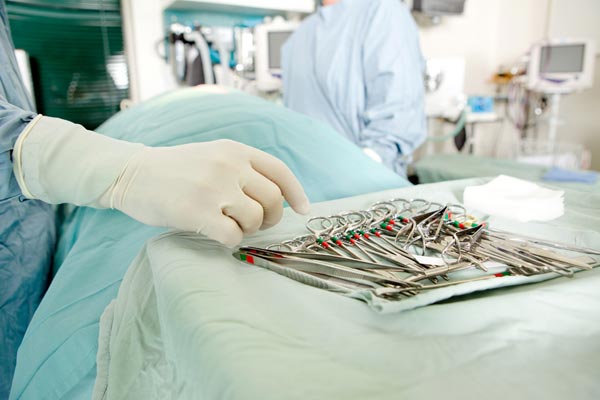Anesthesia Before Age 3 Raises Child's ADHD Risk

Children who go under anesthesia more than once at a young age have higher rates of attention-deficit hyperactivity disorder (ADHD), according to new research from the Mayo Clinic.
In the study, children exposed to two or more anesthesia drugs before age 3 were more than twice as likely to have ADHD than children who had never been under anesthesia.
Previous animal and human studies have suggested that anesthesia drugs might affect the developing brain.
“We were skeptical that the findings in animals would correlate with kids, but it appears that it does,” said study co-author Dr. David Warner, a pediatric anesthesiologist at the Mayo Clinic in Rochester, Minn.
The study is published today (Feb. 2) in the journal Mayo Clinic Proceedings.
Children with ADHD often have difficulty paying attention, are easily distracted and have trouble controlling their impulsive behavior.
Out of nearly 5,300 children analyzed, researchers identified 341 children with ADHD, from another study of children born between 1976 and 1982 in Rochester. They then looked to see how many of these kids went under anesthesia before age 3.
Sign up for the Live Science daily newsletter now
Get the world’s most fascinating discoveries delivered straight to your inbox.
Close to 18 percent of children who had two or more exposures to anesthesia had ADHD, compared with 7 percent who had no exposure to anesthesia and surgery.
The percentage of kids who had ADHD who'd been under anesthesia once was approximately the same as that of kids who'd never been under, the researchers said.
The results of the study, however, do not mean that anesthesia causes ADHD, Warner said.
“A wide range of other factors might be responsible for the higher frequency of ADHD in children with multiple exposures,” he said.
Pass it on: Children exposed to anesthesia multiple times are more likely to have ADHD
Follow MyHealthNewsDaily on Twitter @MyHealth_MHND. Find us on Facebook.









